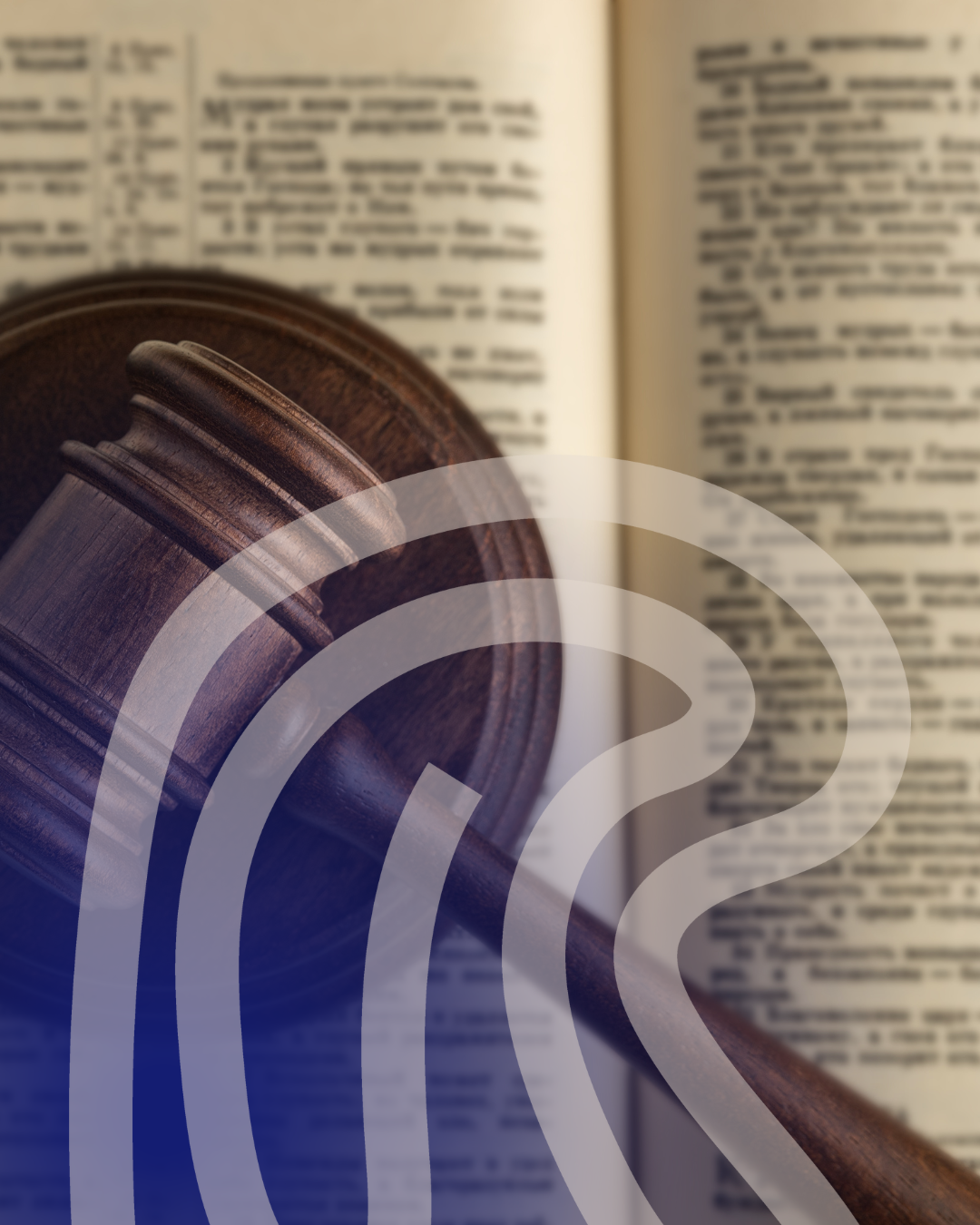Tracking Federal Legislation on Gig Work and Web3

There is plenty of turmoil to go around in Washington, DC these days. CCI is not immune to such turbulence. And at the same time, our work at the edge of arts, culture, safety nets and technology give us the visibility to see the opportunities embedded in the current moment. They do exist! For this reason, while CCI does not at present engage in policy and advocacy, we are tracking federal legislation that affects our priorities of individual and community self-determination. Below, I have highlighted four legislative items: two pertaining to gig worker safety nets (one that passed and one that is still pending) and two pertaining to cryptocurrency regulation (one that passed and one still pending), which may affect the many artists who use or engage with Web3 technologies to sell work and collectivize power.
GIG WORKER SAFETY NET LEGISLATION
PASSED: One, Big, Beautiful Bill Act (OBBBA), the 2025 Budget Reconciliation Bill. We were surprised to see the inclusion of so-called Trump Baby Bonds in the final legislation. It’s curious that a provision long pushed by progressives in the guaranteed income space was included in OBBBA, though in practice these baby bonds are far from the original vision. The “baby bonds” in the final bill are largely similar to retirement savings accounts (vs. some sort of child savings support) – but differ in that U.S. citizens with Social Security numbers born between 2025 and 2029 will get an investment of $1k by the Federal government in their accounts. The bill is scant on details, and it is likely that most accounts will be held by mainstream financial institutions and administered by the Treasury Dept.
PENDING: GOP Portable Benefits proposals. Sen Bill Cassidy (R-LA) and other members introduced several bills around independent workers. Cassidy’s attempts to separate benefits provision from the federal definition of “employee.” It would allow employers to provide benefits to their 1099 contractors without fear of federal prosecution for misclassification. A press release on the bills is here. Similar legislation has either been passed or is moving through statehouses in red and blue states (UT, TN and AL have enacted laws; AK, FL, NV and NJ have proposed laws). It is unlikely that any action will take place in this Congress, none is scheduled in the Senate as of now. The House Education Committee did markup a similar house version to the Scott Modern Worker Empowerment Act (essentially a classification text for federal law).
CRYPTO CURRENCY LEGISLATION:
PASSED: GENIUS Act, passed into law in July. It is an extremely specific bill that passed with bipartisan support. In essence, the bill established a federal framework for issuing and trading stablecoins (crypto assets usually pegged to the US dollar). This bill also allows traditional finance entities (banks, major retailers, and others) to enter the crypto market. The bill was relatively narrow in scope, leaving broader market structuring and overall regulation to the CLARITY Act, which has yet to pass both houses.
PENDING: CLARITY Act or the Digital Asset Market Clarity Act. The House passed its version in July. The Senate is currently working on its version, called RFIA (Responsible Financial Innovation Act). It is less likely to pass than the GENIUS Act, because it is far more comprehensive. Sen. Elizabeth Warren (D-MA), who was opposed to the GENIUS Act, has been far more vocal in her opposition to the more CLARITY Act in an effort to peel Senate Dems away from support of the bill. The bill would amend the Securities Act of 1933 to exempt most crypto assets from the definition of “securities” and thus regulation by the SEC. If passed, the CLARITY Act would constitute the first time in its history that the Securities Act would be amended to exempt (rather than include) an asset from the definition of a security, and could result in other securities industries seeking exemption from oversight. Leaders in Decentralized Finance or DeFi are quietly opposed to the bill. Seven Dems are needed to vote with Republicans on the Senate’s version of the bill to get it through the next step in the legislative process. Republicans hope to do so by the end of August, but the numbers are not in their favor.
Supporting Confident Creativity
Stanford and CCI Partner to Help Creatives with their Copyright Claims
For the vast majority of artists, some interaction with technology is not only unavoidable - it is necessary to rapidly create, produce and disseminate work as well as to ensure compensation. From blockchain to NFTs to Etsy, creatives use technology to connect directly with those who support their artwork. However, such technologies have also made it incredibly easy for that artwork to be pirated or misattributed. To protect their livelihoods, artists must learn how to protect their work from copyright infringement, as well as other lesser-known copyright claims that can impact an artist’s livelihood such as noninfringement and misrepresentation. The Copyright Claims Board (CCB) was created to make this process easier and less expensive for the average creator.
The Copyright Claims Board (CCB) was established in 2020 by Congress to answer an urgent need - the large volume of copyright claims and the limited amount of resources (time, expertise, money) available to creators to make those claims in federal court. The CCB consists of an entirely online process led by a three-member tribunal with extensive expertise in copyright law. The goal is a more efficient, less expensive alternative to federal court for copyright claims of less than $30,000.
And yet, like any bureaucratic process, this one can be challenging for those without an understanding of intellectual property law. CCI felt that it was critical to create a resource specifically for creatives so that they might learn how to navigate the CCB to protect their intellectual property rights. Through a partnership with the incredible students and staff of Stanford University’s Juelsgaard Intellectual Property and Innovation Clinics, we have created a live online resource for creatives to confidently navigate the CCB called Navigating the Copyright Claims Board: A Practical Guide for Creators!
What makes Navigating the Copyright Claims Board: A Practical Guide for Creators so special? Our Juelsgaard Clinic students found that since opening, the CCB has only seen a success rate of 1.5% of claims reaching a final decision (that is only 12 claims out of 721 filed).
This jaw-dropping number sparked our interest - how is it possible that a public resource set up to encourage independent creatives to take control of their IP should see such a dismal success rate? Our hope is that with this more accessible and interactive guide, artists and creative workers will feel more confident in their copyright claims.
To celebrate the release of this resource, please join us for the following activities:
-
- Confidently Informed: Navigating the Copyright Claims Board for Creatives on Thursday, June 6: a virtual workshop with the authors of the resource, Caitlin Cary Burke, Juelsgaard Clinic Member, Stanford J.D/PhD Candidate, 2025; and Kiran Wattamwar, Juelsgaard Clinic Member, Stanford J.D Candidate, 2025. Participants will get a tour of the guide and the chance to ask its authors any questions they might have about copyright protections. Register here!
- Confidently Registered: a Copyright Registration Party! on Thursday, June 20. CCI will host a virtual registration party! Register your copyright online with the Copyright Office. CCI staff will be on hand to assist you through the process. Register here!
- Share Your Story! Are you an artist or creative worker who has dealt with an issue related to copyright? If so, then share your story with us below! We’ll add it to a story bank to help us understand how we can support creatives with their copyright issues.
- Ongoing Activities. CCI will host resources and gatherings related to the needs of artists and in response to the research. Interested in partnering on this initiative? Contact Jennelyn Bailon at jennelyn@cciarts.org
CCI would like to thank the team from Stanford for making this resource possible:
Caitlin Cary Burke, Juelsgaard Clinic Member, Stanford J.D/PhD Candidate, 2025
Kiran Wattamwar, Juelsgaard Clinic Member, Stanford J.D Candidate, 2025
Phil Malone, Director of Juelsgaard Intellectual Property and Innovation Clinic, Mills Legal Clinic, Stanford Law School
Nina Srejovic, Clinical Supervising Attorney and Lecturer, Juelsgaard Intellectual Property and Innovation Clinic
Navigating the Copyright Claims Board: A Practical Guide for Creators would not have been possible without the support of the William & Flora Hewlett Foundation and the Kenneth Rainin Foundation


